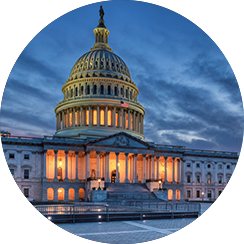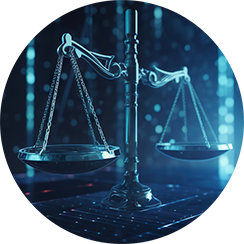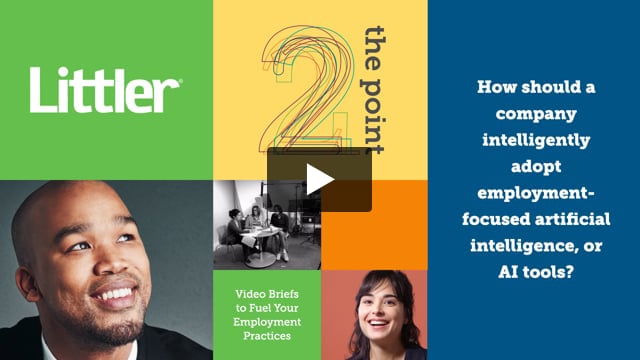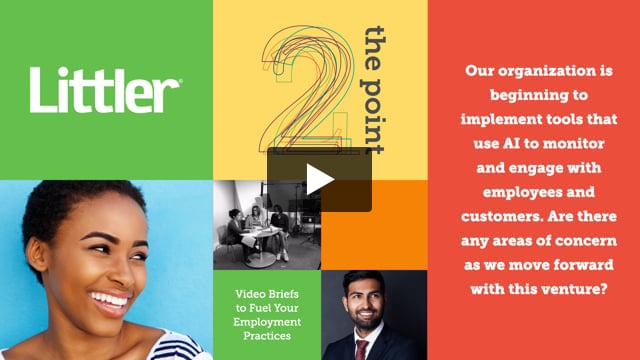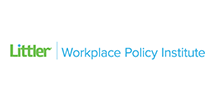Why Littler
Our global team, which has deep knowledge across all areas of employment and labor law, helps clients navigate AI-related workforce issues, regulatory developments and litigation risks.
Littler was among the first law firms to create a dedicated AI group in 2013. Since then, we have been steadfast in our commitment to keep clients ahead of the curve in this rapidly evolving area. Our lawyers have testified before Congress and the EEOC on the impact of AI and data analytics on employment law. Littler attorneys are sought after by the media for commentary and regularly publish articles on workplace AI, including in the Yale Journal on Regulation, Stanford Law & Policy Review, the University of Miami Law Review, the North Carolina Journal of Law & Technology and other scholarly journals. Our attorneys frequently speak on these issues as well, including at our very own annual AI Summit and the International Association of Privacy Professionals’ Global Privacy Summit. We were the only law firm to provide comments on new AI rules in New York City, and several of our recommendations to define and focus them to ease employer compliance were reflected in the final regulations.
As the world’s largest employment and labor law firm representing management, we also have attorneys with extensive experience in any number of areas likely to be impacted by AI initiatives in the workplace – from employment discrimination, OFCCP compliance, and workplace privacy to wage and hour law, occupational safety and health considerations, labor relations and business restructuring.
What Our Clients are Saying
“Where other law firms tend to focus on what not to do, Littler’s AI team provides a more holistic perspective – advising not only on risk avoidance but how our legal department can help implement AI tools in a way that achieves the organization’s business goals.”


